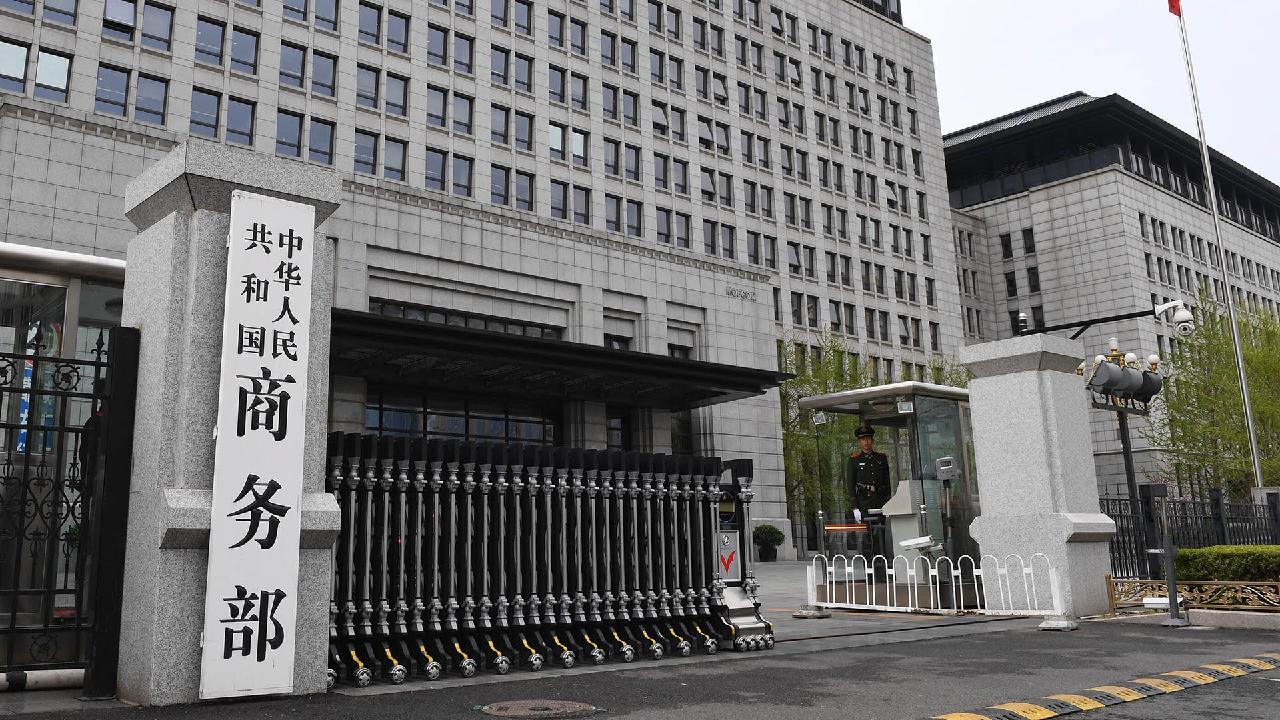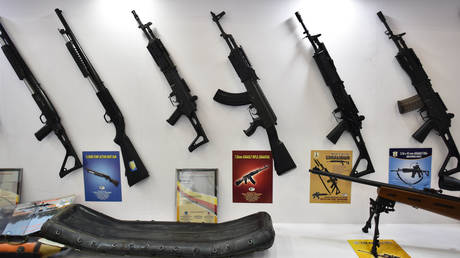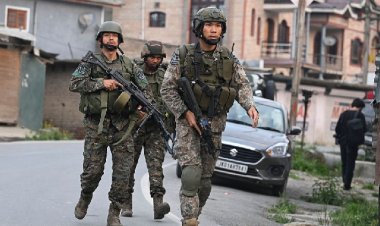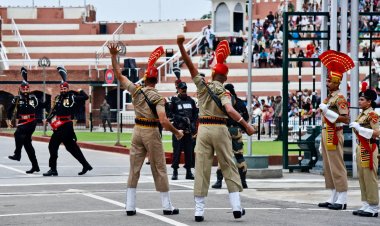China Seeks WTO Expert Panel for U.S. EV Subsidies Dispute
On Monday, the Chinese Commerce Ministry announced that it has asked the World Trade Organization (WTO) to form a panel of experts to address the dispute concerning new energy vehicle (NEV) subsidies as outlined in the U.S. Inflation Reduction Act (IRA).

The IRA, signed in mid-August 2022, aims to allocate a record $369 billion for climate and energy initiatives. According to a ministry spokesperson, the act favors the use of products from specific regions, such as the United States, as a condition for subsidies. This provision excludes products from WTO members, including China, artificially creates trade barriers, and increases the cost of transitioning to green energy.
In March, China sought WTO dispute consultations with the United States regarding certain tax credits under the IRA that aim to promote electric vehicle production and renewable energy projects. However, the U.S. has not yet resolved the issue.
The spokesperson highlighted China's NEV industry's contributions to the global green energy transition and emphasized China's commitment to advancing the proceedings to uphold the authority and effectiveness of the multilateral trading system, with the WTO at its core, and to support international efforts to combat climate change.
China acknowledges the implementation of industrial subsidies by WTO members, which are in accordance with WTO rules and support green energy transition, economic, and social development, the spokesperson added.
"We urge the U.S. side to abide by WTO rules and stop abusing its industrial policies to undermine international cooperation on climate change," the spokesperson said.
According to WTO dispute settlement rules, if consultations do not resolve the dispute within 60 days after the request for consultations, the complaining party can request the establishment of a panel.
"China's move is a significant step to accelerate the litigation process against the United States over its IRA, and it warrants close attention," said Ji Wenhua, a law professor at the University of International Business and Economics in Beijing.
Ji pointed out that the U.S. measures in question essentially act as import substitution subsidies, which depend on the use of domestic rather than imported goods.
The introduction and implementation of the IRA rules have substantially disrupted the global NEV industry and supply chains, increased energy transition costs, and undermined fair competition. Additionally, it has challenged the authority of the multilateral trading system, Ji stated.
China's progression in the litigation against the U.S. not only demonstrates its strong commitment to upholding the multilateral trading system but also provides a platform for other members to voice concerns and collectively defend international economic and trade rules, Ji added.
Once the expert panel is established, it will follow the litigation procedure, review the facts and legal issues of the case, and make a ruling.
Based on current information, even if the U.S. attempts to justify its actions as a climate change measure, it is unlikely to meet WTO exception rules and cannot change the nature of its violation of WTO rules, Ji concluded.
(With input from Xinhua)
Olivia Brown contributed to this report for TROIB News
Find more stories on the environment and climate change on TROIB/Planet Health












